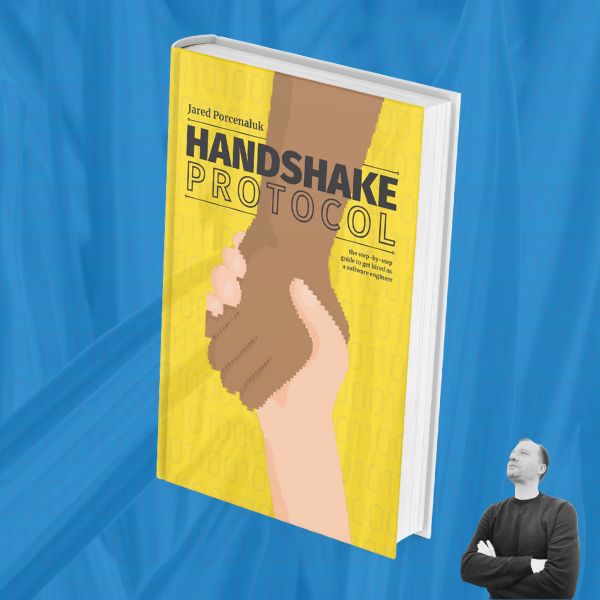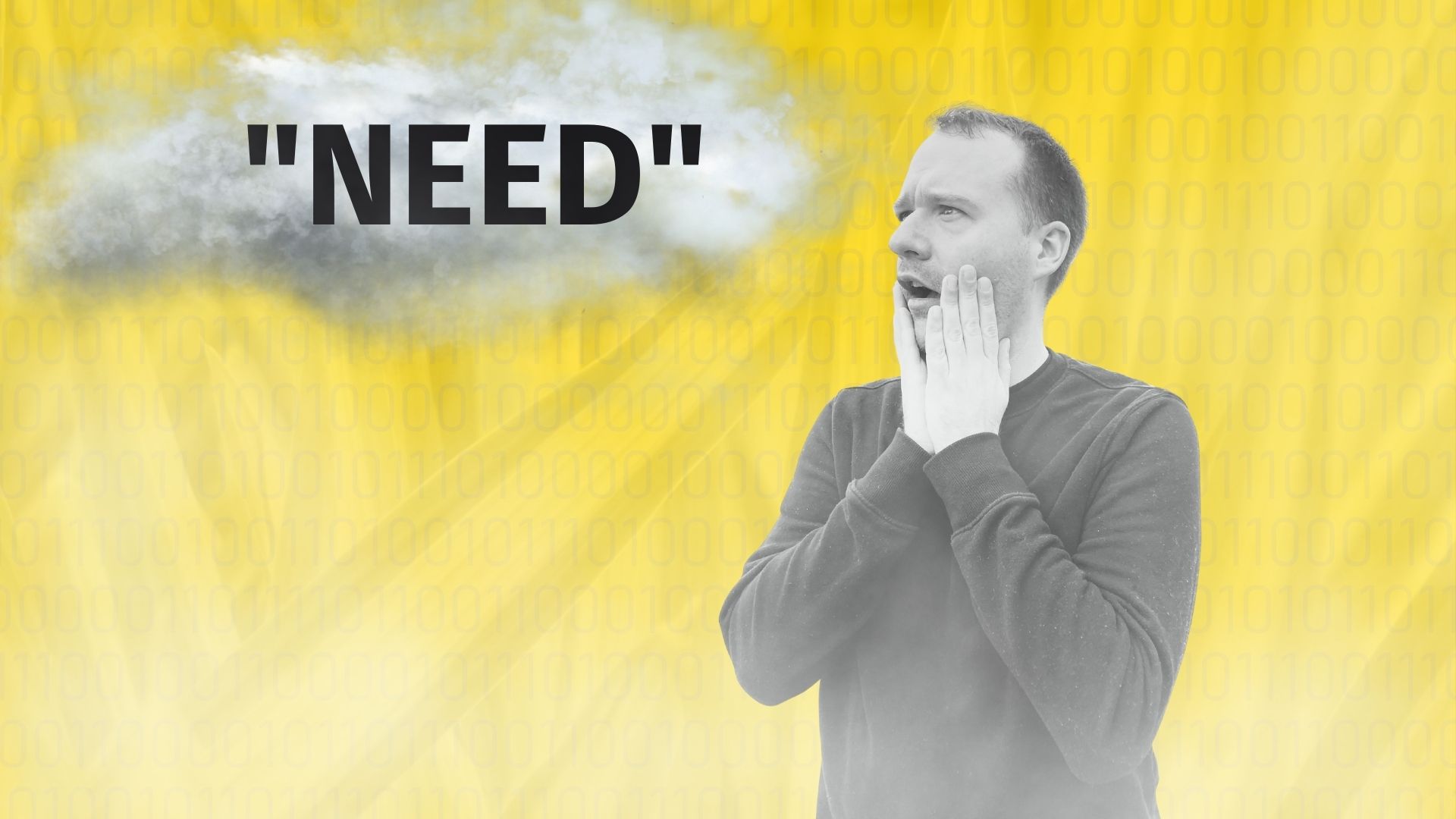Good words are worth much, and cost little.*
George Herbert
Whenever I read the word it sends a small twinge up my spine. My mind editorializes. It highlights, bolds, and underlines need whenever I see it. Phrases like “we need to get this done by Friday” give me a microsecond of infuriation. Ever since Dr. Laura had given the training, I never saw the word the same way again.
Dr. Laura Gallaher, organizational psychologist, has helped me realize through training at a previous job how toxic it can be to use words like need when alternatives abound. Precious little needs to happen. Need implies an unyielding universal requirement. While there could be very real and dire consequences for something not getting done, it rarely needs to be done.
While it may be true that energy needs to neither be created nor destroyed, the project does not need a feature delivered by Friday. Dr. Laura Gallaher described rigid words that spark defensiveness “black and white”. Others include but, bad, good, right, wrong, fix, and you when what someone means is me. As an alternative, she offers to embrace the gray.
I had formed a habit of talking like this in the past:
When you are using the app, you can see this button is the right size but the wrong background color. It needs to be dark red. Light red looks bad. Please fix it.
On my best days now, I’m more apt to impart the same meaning in a different way:
When I was using the app, I saw this button background is different than the design. I’m colorblind so I’m finding reading the word on the button difficult. What are your thoughts on using the darker red?
The keen eye may note more subtle language takes longer to articulate. Black and white language is quick and satisfying, in part because it tends to block further discussion. When I dictate if something is good or bad or wrong or right, I feel I’m in command. It requires more courage for me to acknowledge nuance and concede control over the conversation.
I’m also able to be more reflective of other’s use of black and white language now. If a co-worker says we need to add automated virus scanning on Python libraries, on my better days I’ll ask what the consequences are if we don’t and what the tradeoffs are if we do. Although how I react to others using black and white language is always evolving, I’ve found simply asking questions typically reveals costs and benefits that are hidden by rigid language.
Since adopting more gray language, I’m more curious. I find it more rewarding to explore a conversation rather than conquer it. I tend to discover, learn, and find more useful outcomes in conversations using gray language. Thank you, Dr. Laura.
* There is minor irony that I’m using this quote as “good” and “bad” are also words to be cautious with. Telling someone they have a “bad” idea at work is rarely productive. I’ll be gracious with George and give him space to express himself. After all, he died of consumption at age 39 in 1633, so he could probably do with some compassion.

Leverage my ten years of software engineering experience to find a tech job that matters, get hired, and get paid what you deserve.
It’s all in my book, Handshake Protocol – the step-by-step guide to getting hired as a software engineer.



